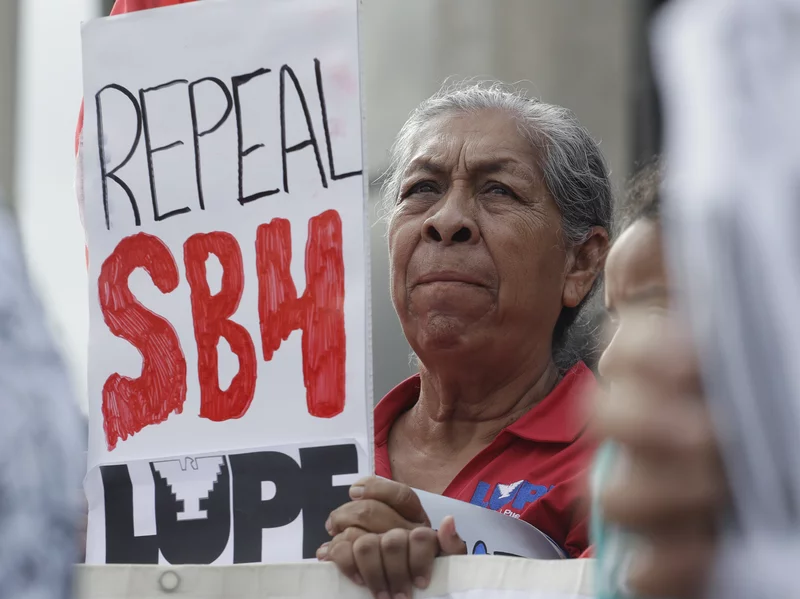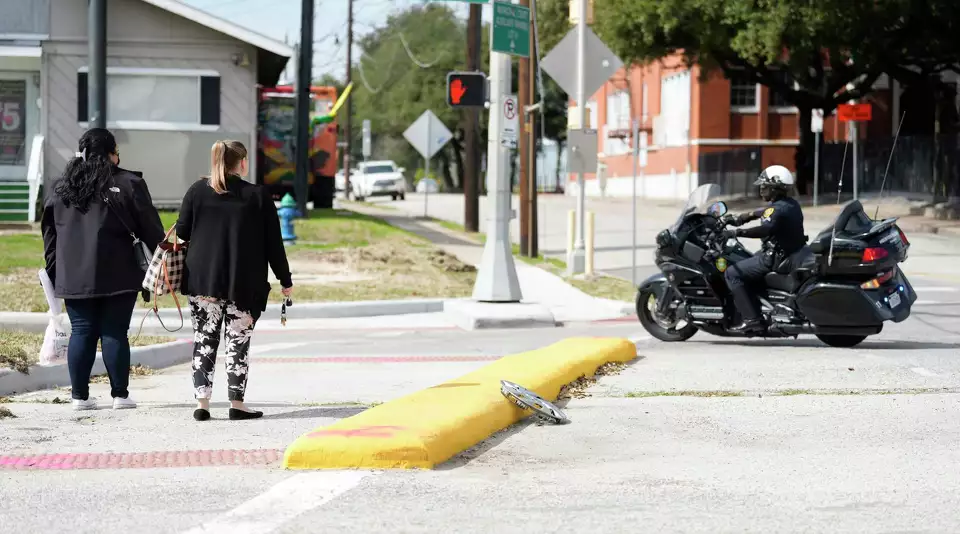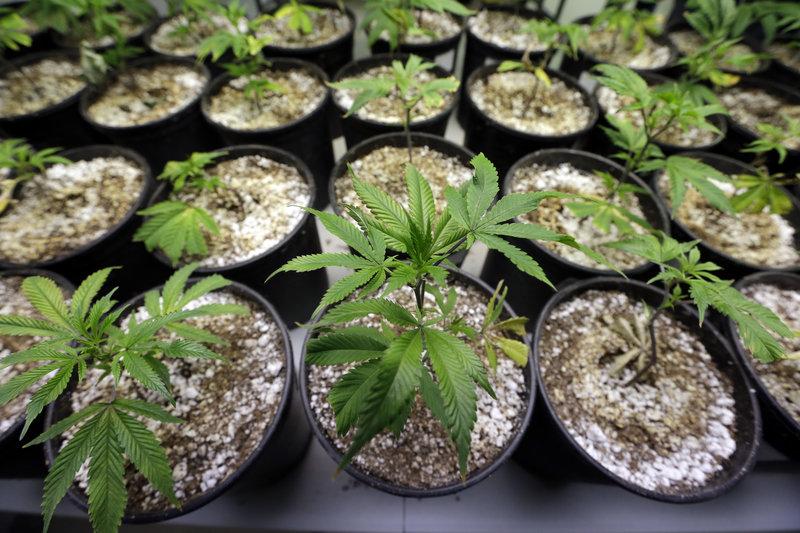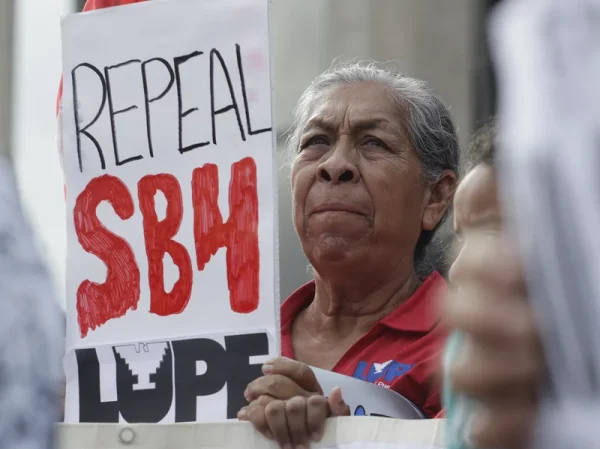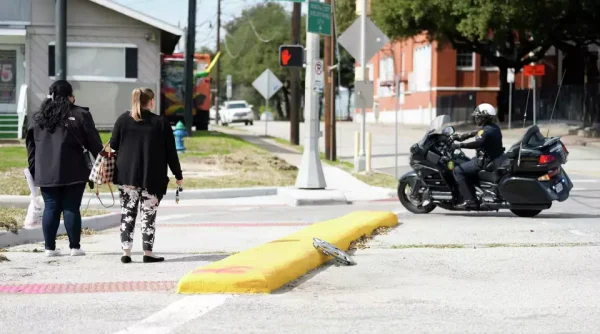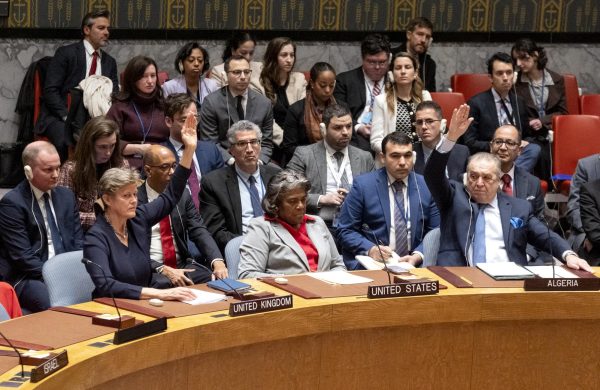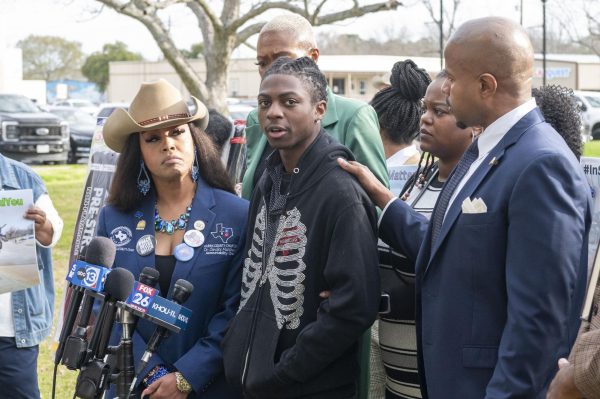Going Green?
Bill proposes decriminalizing possession of small amounts of pot
In this Jan. 13 photo, young plants stand under grow lamps at the Pioneer Production and Processing marijuana growing facility in Arlington, Wash. Texas is set to join other states in discussing decriminalization during its current legislative session. State Rep. Joseph “Joe” Moody, D-El Paso, filed House Bill 507, which proposes decriminalizing possession of small amounts in the state.
January 30, 2015
On Dec. 15, State Rep. Joseph “Joe” Moody, D-El Paso filed House Bill 507 which, if passed, would decriminalize possession of small amounts of marijuana in Texas. The bill would make possession of an ounce or less a civil—not a criminal—offense with a penalty of no more than $100. Offenders would be brought to court by a citation rather than by arrest, and they would not receive a criminal record.
Being caught with up to two ounces of weed in Texas today is a Class B misdemeanor, which can land the offender in jail for six months and give them up to a $2,000 penalty. With the current law, offenders receive a criminal conviction which cannot be removed from their record.
The bill’s author, Rep. Moody noted that, “It’s not going to legalize anything. It changes the way we sanction for small amounts of Marijuana.” He also added that the Civil Penalties Bill is not a medical marijuana bill.
“I think that on a lot of levels, doing something like this is better for everyone involved, and it’s better than what we’ve been doing.” Rep. Moody’s reasoning behind proposing the bill includes benefits he foresees for both the police and the offenders.
First, he said the proposal would free up police officers’ time. Instead of booking people for small marijuana possession, they could focus on addressing more serious crimes such as drunk driving and violent crimes. “We all know that we have limited resources to handle criminal justice issues…You know, is that the best use of our taxpayer dollars?”
Second, it would prevent individuals from receiving a criminal conviction which not only leads to an automatic driver’s license revocation, but also jeopardizes their chances of receiving financial aid for school, naturalization, housing and employment. “We’re making a class of people completely unemployable. I think that hurts the Texas economy,” he explained.
Recent Pew Research Center data shows a broad agreement that minor possession of marijuana should not draw jail time. 76% of Americans said that there should not be jail time for small amounts, while only 22% said there should be. Public opinion has also shifted in support of states moving away from mandatory drug sentences in general. Only 46% of Americans believed that moving away from mandatory drug sentences is a good thing in 2001, but in 2014, 63% believed so. This may have to do with the fact that 83% of individuals reported that they are not bothered if other people use weed in their own homes.
“This is something that continuously get’s brought up, that continues to get talked about,” said Rep. Moody. During the last state legislative session, a bill which would lower the severity of minor possession to a Class C misdemeanor made it out of committee—a crucial step for any bill. However, it did not pass. “The system in Texas is definitely not built to pass legislation,” Rep. Moody dryly laughed, “Any bill that is proposed faces a difficult task to get passed into law.” That includes his Civil Penalties Bill.
Moody still seems to be optimistic about the proposal’s chances. “I’ve heard from other colleagues in the House that constituents of theirs are contacting them to support House Bill 507. That shows that there is a grassroots movement to change the way we do things in Texas.”
Rep. Moody said that not only has he been receiving a positive response from his constituents in El Paso, but that, “The idea actually came to me from a constituent I met sitting down having coffee in El Paso. When we really kinda started talking about this, in terms of me proposing it…”
Rep. Moody said his background in criminal law also motivated him to propose taking this offense out of the criminal justice system. Moody was a prosecutor in El Paso before becoming a State Rep. He has served on the Criminal Jurisprudence Committee and the Select Committee on Criminal Procedure in the house. “What we do in criminal law is a lot of things that impact lives across the state. I try to bring that level of seriousness—that level of real world experience that I have in dealing with some of these cases.”
When asked if The Civil Penalties bill should be made law, HCC student Zachary Duhon said, “They need to do that,” adding, “I’m down to try it. I think that’s awesome. That’s a really good thing because a lot of people go to jail over marijuana.”
“It still don’t give people the right to carry it around,” said HCC student Latrice Barnes, “but it’s a good proposal.” She added that, “I’m very surprised. I’m like, Texas somewhat legalizing marijuana?… Just getting people to OK it!”
The text of H.B. 507 can be found online here.
While the Pew Research Center report can be accessed here.

